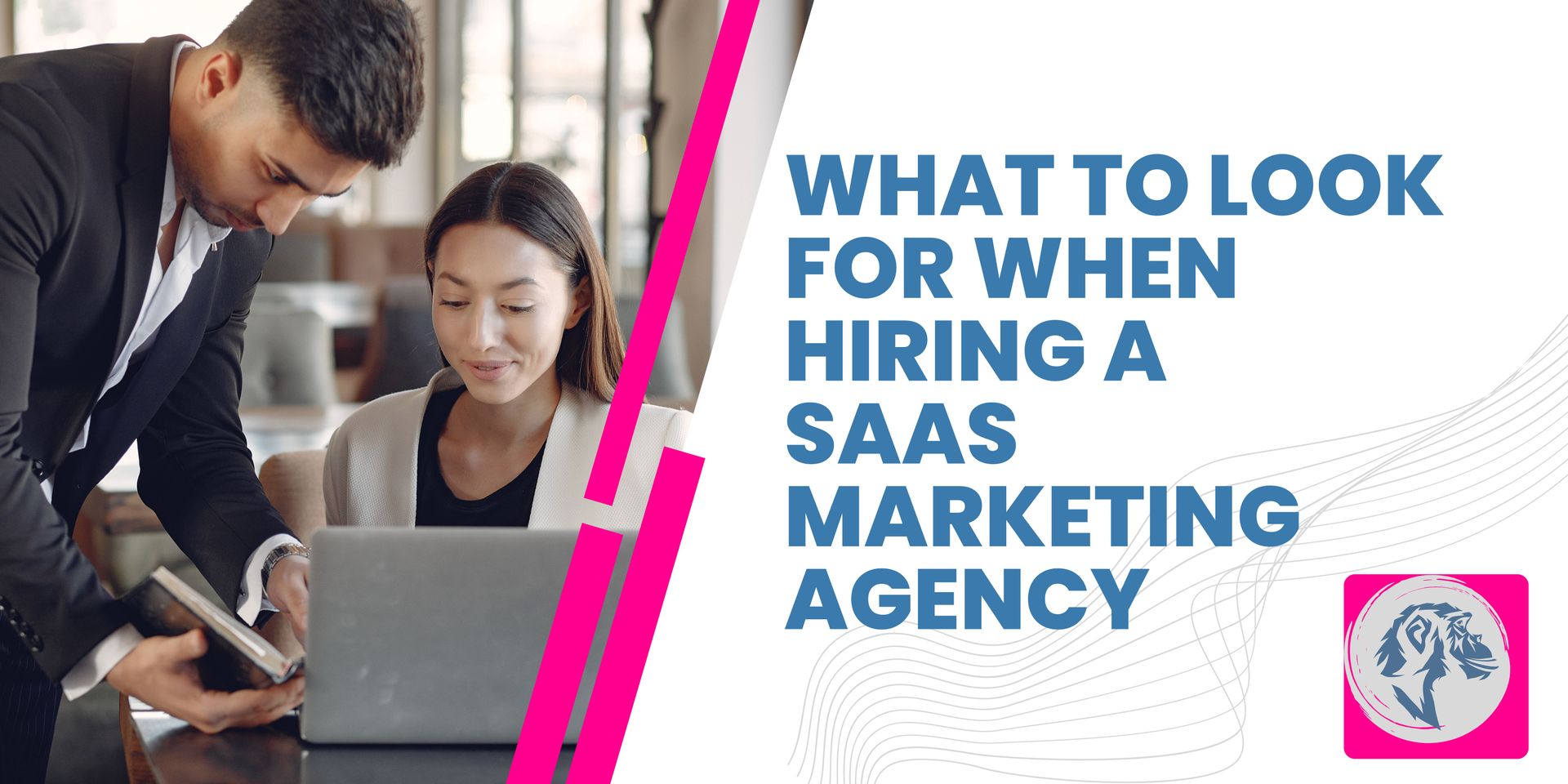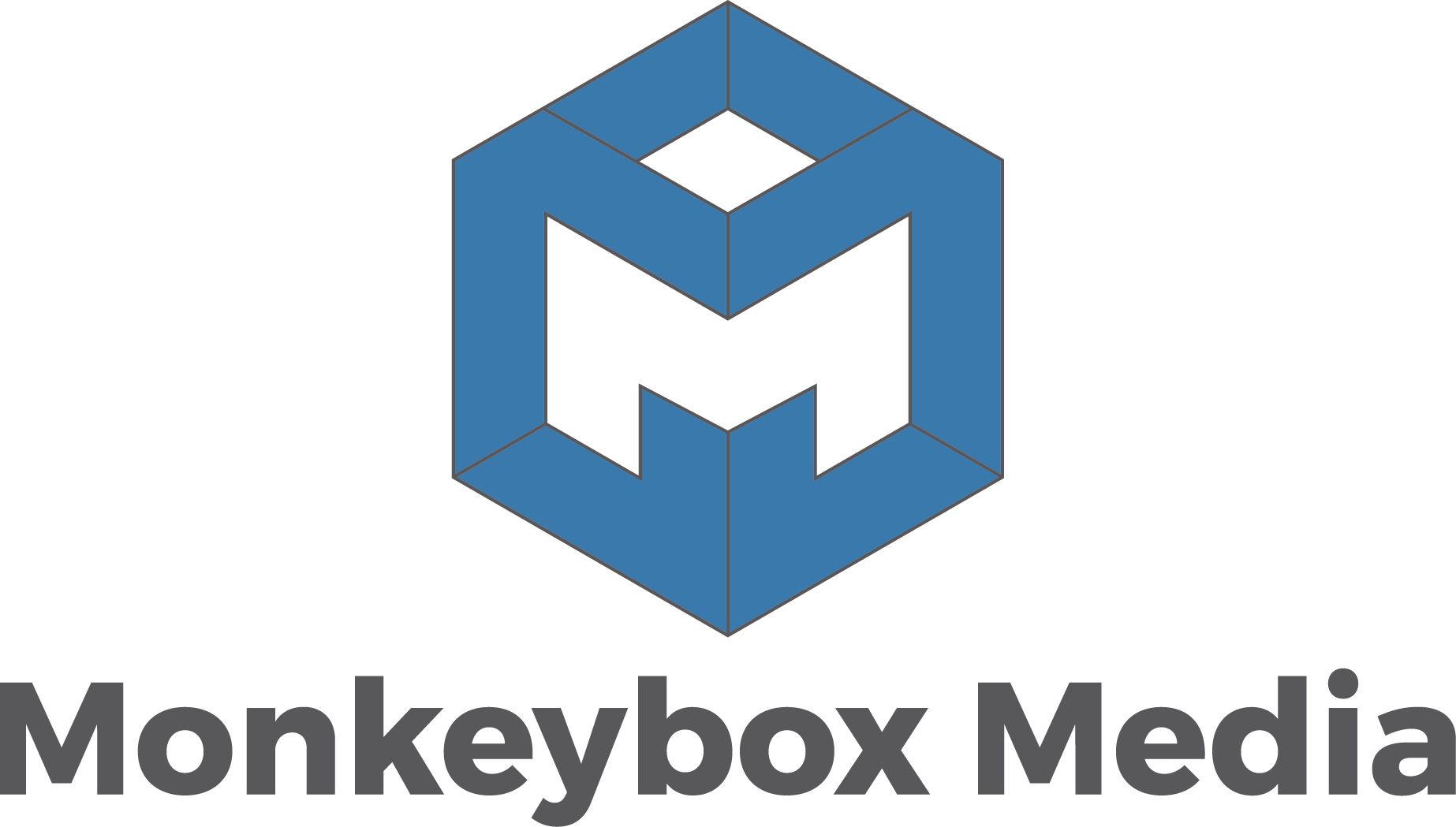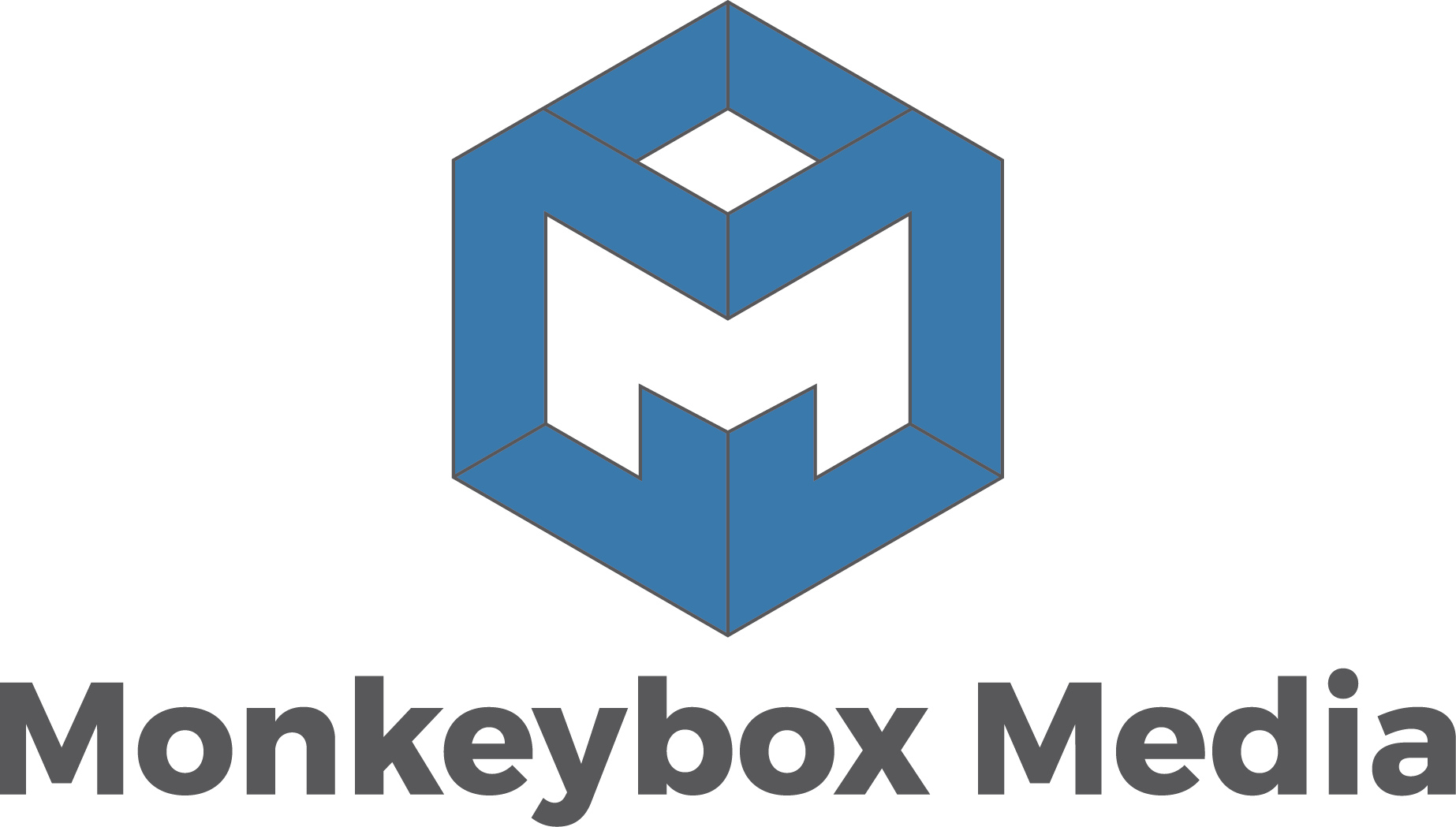Get in touch
hello@monkeybox.media
10 Key Elements That Form a Strong SaaS Pricing Strategy Foundation

Pricing comes down to finding the sweet spot between what you know they’ll pay and what you think they should. Price it right, and they won't think twice.
Setting the right price can be a make-or-break decision for your SaaS. The challenge isn't just selecting a pricing model but adapting it to align with customer expectations, market conditions, and business goals.
The last thing you want is to launch your SaaS product only to find that potential customers are turning away because they construe your offerings as either too pricey or too cheap to be of value.
Understanding and implementing key pricing strategies that capture attention and convert interest into lasting loyalty is a delicate balance. You need to find the SaaS pricing strategy that works best for you.
RELATED:
The Definitive Guide to SaaS Pricing Strategies for Market Leaders
What’s the Difference Between Pricing Models and Strategies?
SaaS software pricing models are the frameworks or structures defining how a product or service is billed and sold. Common examples include subscription-based models, per-user pricing, tiered pricing, and freemium models. These models are fundamental as they set how customers are charged.
A SaaS model pricing strategy is the method and rationale used within these models to establish and adjust prices. These strategies consider market conditions, competitive environments, customer value perceptions, and overall business goals. They’re about deploying tactics to make informed pricing decisions.
RELATED:
How To Tailor Your SaaS Subscription Model to Different Customer Segments
10 Fundamental Elements of Your SaaS Pricing Strategy
Each element of a SaaS pricing strategy is pivotal in how your company positions itself during its market entry. Ultimately, the successful implementation of any SaaS pricing strategy significantly influences customer acquisition, retention, and the overall lifetime value of each customer.
1. Customer Understanding
Understanding your customers is foundational to crafting a SaaS pricing strategy that genuinely resonates. By analysing customer needs, spending habits, and economic thresholds, you create a SaaS software pricing structure they will likely accept and appreciate. This profound insight helps tailor your pricing to align perfectly with what your customers value most, potentially boosting initial adoption and long-term loyalty.
2. Value Proposition
Your value proposition is the cornerstone of your SaaS model pricing strategy, as it defines the unique benefits and solutions you provide. Effectively communicating this value allows you to price your product in a way that reflects its worth to the customer, ensuring that they perceive it as a worthwhile investment. This alignment between product value and cost is essential for capturing and retaining your target market.
3. Competitive Analysis
A thorough competitive analysis ensures that your pricing strategy is not developed in a vacuum. By understanding the pricing landscape—what your competitors are offering and at what price—you can strategically position your product to compete effectively. Depending on your market positioning, this might mean pricing lower to attract cost-sensitive customers or higher to signal premium quality.
4. Pricing Models
Selecting the right pricing model is critical because it directly influences how customers interact with and pay for your service. Whether it’s a subscription model, a one-time fee, or tiered pricing, your chosen model should cater to your target audience's preferences and usage patterns. This decision impacts everything from cash flow stability to how customers perceive the accessibility of your product.
5. Pricing Flexibility
Incorporating flexibility into your SaaS model pricing strategy allows your business to remain agile and responsive to market changes and customer feedback. This adaptability can be a significant advantage in a competitive market, helping you tweak prices in response to external factors like economic shifts or internal factors like product updates, thus maintaining customer satisfaction and relevance.
RELATED:
Why Integrating Flexibility Into SaaS Billing Models Attracts More Conversions
6. Cost Considerations
Cost considerations are integral to ensuring that your pricing strategy is both competitive and sustainable. It’s important to balance the costs of developing, delivering, and supporting your product with the prices you charge. Ensuring profitability while appealing to customers requires a keen understanding of your financial needs and market expectations.
7. Psychological Pricing
Psychological pricing is a subtle yet powerful tool influencing customer perception and decision-making. By using pricing tactics that make a product appear cheaper, such as $9.99 instead of $10, you tap into consumer psychology, potentially increasing the attractiveness and saleability of your product. This strategy can be particularly effective in differentiating similar products in a crowded marketplace.
8. Scalability
Knowing your SaaS software pricing strategy can scale is essential for fostering long-term customer relationships. As your customers' businesses grow and their needs evolve, your pricing tiers should accommodate this growth. This approach helps retain customers and enhances lifetime value by encouraging them to upgrade their plans as they expand.
9. Transparency
Transparency in pricing fosters trust and loyalty. Being upfront about all your service costs prevents surprises and builds customer confidence in your brand. Transparent pricing is particularly critical in a subscription-based model where hidden fees can lead to dissatisfaction and high churn rates.
10. Testing and Optimisation
Testing and optimisation are crucial for refining your pricing strategy over time. Through continuous A/B testing, customer surveys, and market analysis, you can gather valuable data that informs your pricing decisions. This ongoing process ensures your pricing remains effective, competitive, and aligned with customer expectations, ultimately supporting your business’s growth and adaptability in the market.
RELATED:
How an Adaptive Pricing Strategy for SaaS Keeps You Competitive in a Dynamic Market
How To Choose a SaaS Pricing Strategy for Your Company
Choosing the right pricing strategy for your SaaS product can seem daunting, but it doesn't have to be. With a few strategic steps, you can pinpoint a pricing approach that meets your business goals and resonates with your customers.
- Step 1 — Understand Your Customer: Start by deeply understanding your target audience. Use market research and customer feedback to grasp what your customers value, budget constraints, and willingness to pay. This insight is crucial for setting a price that resonates with your market.
Step 2 — Assess Competitive Pricing: Analyse your competitors’ pricing to inform your strategy. Understand where your product stands in comparison and how you can differentiate through pricing. This helps position your product competitively within the market. - Step 3 — Value Evaluation: Price according to your product's value. If your SaaS has unique features, consider value-based pricing that aligns the price with the perceived benefits.
- Step 4 — Experiment and Optimise: Implement A/B testing with different pricing models and structures to find what maximises conversions and customer satisfaction. Use data-driven insights to refine and optimise your pricing strategy over time.
- Step 5 — Stay Adaptive: Keep your pricing flexible to adapt to market changes, new competitor strategies, and shifts in customer preferences. Review and adjust your pricing to ensure it remains effective and aligned with your business goals.
Make Sure the Price Is Always Right With Monkeybox Media
We’ve armed you with the essentials—how a carefully constructed SaaS pricing strategy isn't merely a plan but a critical lever for market penetration, customer acquisition, and swift growth.
A strong pricing strategy is a crucial component of your toolkit. It helps you position your SaaS product effectively and transform prospects into loyal customers.
Now, you're at a pivotal juncture. You can venture into the complex landscape of pricing strategies alone, experimenting to find what sticks, or you can team up with experts who excel in the science of market domination. That’s where we come in—Monkeybox Media.
We're not just filling spaces with standard solutions. We're crafting a growth system designed to launch you into the ranks of the SaaS elite.
Collaborate with a team that's passionate about redefining what success looks like by utilising the most effective growth strategies available.
Aiming high? Perfect. Let's surpass those goals together. Schedule your
Free Growth Strategy Discovery Call today and turn your SaaS aspirations into tangible triumphs.


Tel: (+44) (0) 2070976617
Address: 4th Floor, Silverstream House
45 Fitzroy Street, Fitzrovia
London
W1T 6EB
All Rights Reserved | Monkeybox Media







